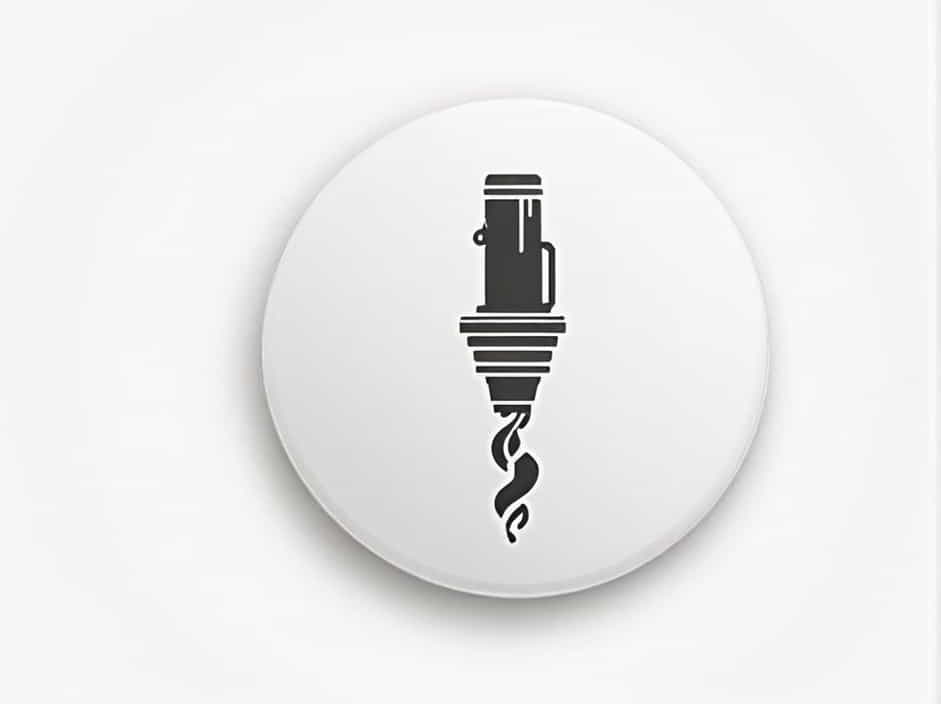Access to clean and reliable water is essential for households, businesses, and industries in Nigeria. One of the best ways to ensure a steady water supply is by drilling a borehole. However, understanding the cost of borehole drilling in Nigeria is crucial before starting the process.
This guide provides a detailed quotation for borehole drilling in Nigeria, covering factors affecting costs, price estimates, and key considerations for hiring a drilling company.
Factors Affecting Borehole Drilling Costs in Nigeria
The cost of drilling a borehole in Nigeria depends on several factors, including:
1. Location of the Site
- Areas with soft soil require less drilling effort, making the process cheaper.
- Hard rock formations or deep drilling areas increase labor and equipment costs.
- Urban areas may have higher charges due to logistics and accessibility.
2. Depth of the Borehole
- A shallow borehole (30-50 meters) is cheaper than a deep borehole (100+ meters).
- Water table depth varies by region, affecting how deep drilling is required.
3. Type of Borehole
- Manual drilling is more affordable but suitable for shallow wells.
- Machine drilling is necessary for deep boreholes, increasing costs.
4. Casing Material Used
- PVC casing is cheaper but may not last as long as steel casing.
- Stainless steel casing is more durable but costs significantly more.
5. Pump Type and Installation
- Hand pumps are the cheapest option.
- Electric and solar-powered pumps are more expensive but provide efficient water flow.
6. Water Treatment and Filtration
- In areas with high iron or salt content, water treatment systems are needed.
- Additional filtration increases the total cost of borehole installation.
Estimated Cost of Borehole Drilling in Nigeria
Below is an estimated quotation for borehole drilling in Nigeria. Prices may vary based on location, drilling company, and additional services required.
| Item | Estimated Cost (₦) | Estimated Cost (USD) |
|---|---|---|
| Site Survey | 30,000 – 100,000 | $40 – $120 |
| Drilling (per meter) | 10,000 – 25,000 | $13 – $32 |
| PVC Casing (per meter) | 5,000 – 12,000 | $6 – $15 |
| Steel Casing (per meter) | 20,000 – 40,000 | $25 – $50 |
| Submersible Pump | 100,000 – 500,000 | $130 – $650 |
| Hand Pump | 50,000 – 150,000 | $65 – $195 |
| Water Filtration | 50,000 – 300,000 | $65 – $390 |
| Plumbing & Piping | 50,000 – 250,000 | $65 – $325 |
| Total Estimated Cost | 500,000 – 3,000,000 | $650 – $3,900 |
Notes:
- Costs vary based on region, borehole depth, and materials used.
- Manual drilling is cheaper but not suitable for all locations.
- Deep boreholes require more casing and pumping power, increasing expenses.
Steps Involved in Borehole Drilling
1. Site Survey and Feasibility Study
A professional survey is conducted to determine:
- Best location for drilling
- Expected water table depth
- Soil and rock conditions
2. Drilling Process
- A rig machine or manual drilling method is used.
- Drilling continues until sufficient water is found.
- The depth of the borehole depends on the water table and rock formation.
3. Casing Installation
- A casing is inserted to prevent borehole collapse.
- PVC casing is common for household boreholes, while steel casing is used for industrial boreholes.
4. Pump Installation
- A submersible pump or hand pump is installed.
- Solar pumps are ideal for off-grid locations.
5. Water Testing and Filtration
- Water is tested for quality and safety.
- Filtration systems may be added if contaminants are found.
6. Plumbing and Final Setup
- Pipes are connected to the main water system.
- The borehole is sealed and protected from contaminants.
Choosing the Right Borehole Drilling Company
1. Experience and Reputation
- Work with licensed and experienced drilling companies.
- Check customer reviews and project history.
2. Equipment and Technology
- Ensure the company has modern drilling rigs and testing tools.
- Machine drilling provides faster and deeper drilling capabilities.
3. Pricing and Transparency
- Get multiple quotations from different drilling companies.
- Ensure there are no hidden fees in the pricing structure.
4. After-Sales Services
- Choose a company that offers maintenance, repairs, and warranty.
- Regular servicing ensures longevity and efficiency.
Common Borehole Drilling Challenges in Nigeria
1. Unstable Soil Conditions
- Some regions have loose soil that collapses easily, requiring additional casing.
2. Water Table Variations
- In some areas, water levels fluctuate, making deep drilling necessary.
3. Power Supply Issues
- Electric pumps require a stable power source.
- Solar pumps are a good alternative but cost more upfront.
4. Seasonal Water Scarcity
- Boreholes may dry up during dry seasons, especially if not drilled deep enough.
5. Poor-Quality Drilling Services
- Some drilling companies cut corners, leading to low water yield or borehole failure.
Benefits of Drilling a Borehole in Nigeria
- Independence from unreliable public water supply
- Cost savings on water bills
- Consistent water access for homes, farms, and businesses
- Increased property value
- Improved water quality and sanitation
Drilling a borehole in Nigeria is a long-term investment that provides reliable water access. The cost depends on location, depth, casing materials, and pump type. A typical borehole costs between ₦500,000 and ₦3,000,000 ($650 – $3,900), depending on the specifications.
To ensure a successful borehole project, choose a reputable drilling company, get a detailed quotation, and consider future maintenance costs.
